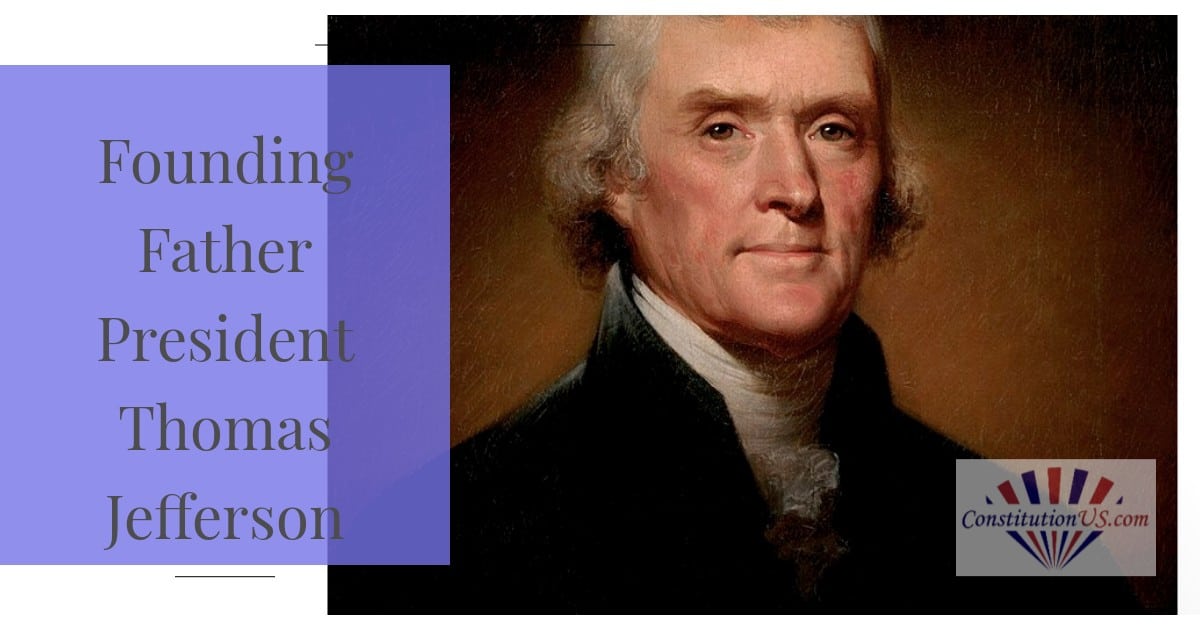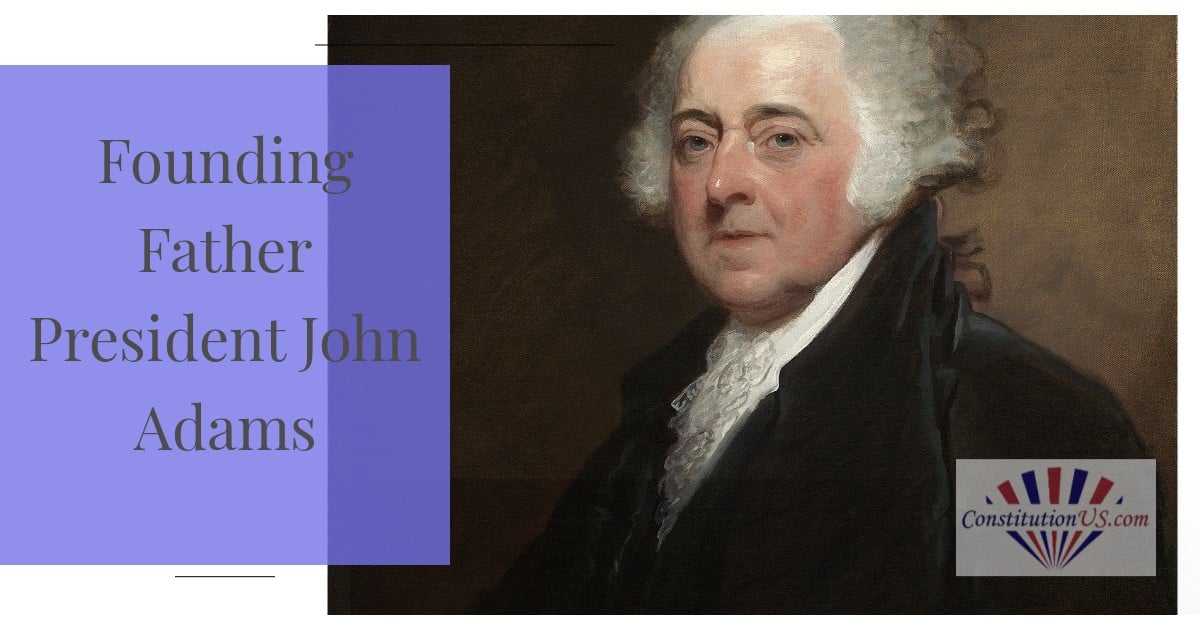Table of Contents
ToggleBiography Of Thomas Jefferson
Thomas Jefferson was the third President of the United States and the Declaration of Independence architect.
Early Life
He was born on April 13th, 1743, in Albemarle County, Virginia. His family was part of the affluent class in Virginia, and he was raised on his family’s farm. He was enrolled in the College of William and Mary, studying mathematics and psychology. Upon graduating, Thomas Jefferson shifted his interest to politics, and at age 25, he was appointed to the Virginia House of Burgesses. During this period, the revolution towards America’s independence started, and Jefferson was in full support of the motion, of which he represented Virginia in the Continental Congress.
Political Career
His outstanding writing skills gained him the opportunity to draft and write the Declaration of Independence with four other people on July 4th, 1776. The Declaration of Independence announced that all 13 colonies were free from British rule.

In 1777, Thomas Jefferson wrote the Virginia Statute for Religious Freedom, which separated the church from the state. After independence, Jefferson was elected the governor of the state of Virginia. He ran the office as governor for two terms from 1779 to 1781, and in May 1784, Congress appointed him as a diplomat to France. As a diplomat, he was tasked to secure treaties that would favor the US and maintain a close relationship with France.

Get Smarter on US News, History, and the Constitution
Join the thousands of fellow patriots who rely on our 5-minute newsletter to stay informed on the key events and trends that shaped our nation's past and continue to shape its present.
Time As The First Secretary Of State
From 1790 to 1793, he was elected as the first Secretary of the State, where he managed US foreign affairs. In 1797, he was appointed as the vice president of John Adams. As vice president, Jefferson was displeased with the various policies of the Federalist Party, and he broke out to form the Democratic-Republican Party with his close ally James Madison in 1792. As a founder of the party, he was elected as the presidential candidate for the Democratic-Republican Party. He won the general election in 1801 and was re-elected in 1804.
One of his laudable achievements was acquiring Louisiana from the French, and this achievement doubled the size of the United States. He was also recognized for his strategic victory over the Barbary pirates, who were notorious for intercepting and capturing American merchant ships.
With the honorary mentions, he was criticized and hated for passing the American Embargo, which hit the American economy hard.









